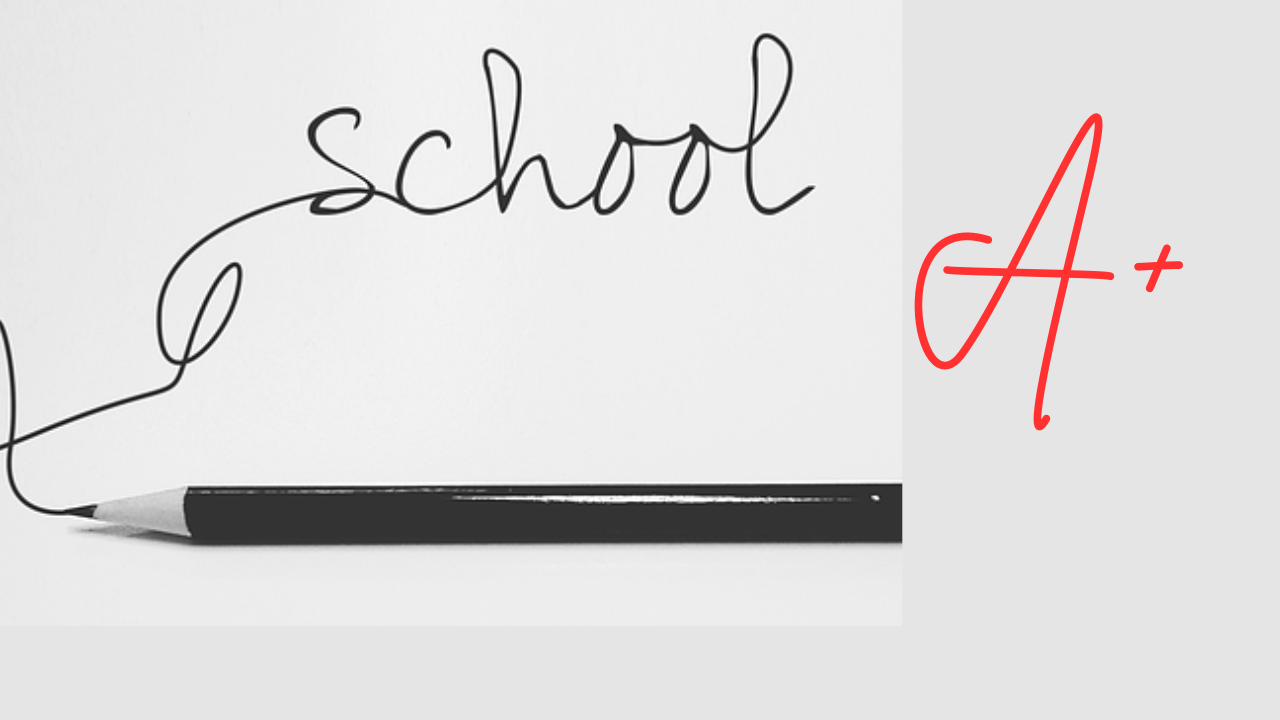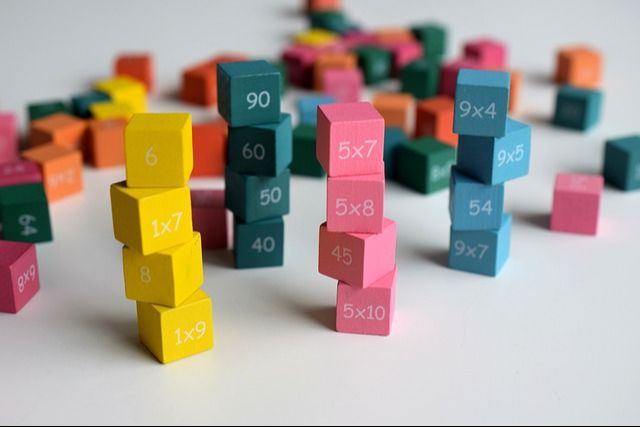Chapter 3-How to Sharpen and Smarten Your Baby or Toddler’s Mind
Part 3: The 1 Goal Your Child Must Reach By School Age
Back to Index [& Access Free Guide]
To successfully sharpen and smarten your child's brain, you must ensure that your child reaches the goal I will share with you now.
Before my first child reached school age, I had prepared him to do basic math, read at an advanced primary school level, and write short stories. My sister-in-law is a primary school teacher. She offered to test him to assess his writing and math skills. We already knew his reading was advanced. She assessed him and returned to tell us that he was already working one year ahead of his academic level. He flew through primary school and secondary without any problems whatsoever. I have already shared his A-level results and success.

When my second child reached the primary school stage, he read at an advanced level for his age. However, I did not teach him math until just before primary school due to a lack of time. He flew through primary school with English but struggled with math in primary and secondary school.
My third child flew through primary school and is flying through secondary school. My fourth child is flying through primary school. I prepared my third and fourth children in the same way I prepared my first child. My experience with them taught me something significant about where a child needs to get to academically by the time they reach primary school age.
The goal is this. You must teach your baby or toddler to read, write and do maths from now until school age, so that by school age their reading, writing and math skills will be advanced for their age, setting them up for academic success in elementary school.
Now, I will break down what that means for each topic area.
Teaching your child to read is not enough. You need to ensure that they reach a particular level in their reading by school age. Your child needs to read primary school-level books fluently by the time they start primary school.
This is the type of book your child needs to be able to read by primary school;

Many children will be able to read more advanced books. However, this should be the target.
Can you see why you don't rely on what your child is being taught in childcare/nursery? In many Western countries, they are not taught to read at that stage. In Singapore, they are only taught how to read three-letter words like "cat", "sat", and "mat" by the time they finish k2 (Kindergarten in the USA). This is the reading target for most childcare/ nursery providers in that country. While this is better than nothing, it is still not adequate. Compare that to Nate, who was only 3 years old and well past reading three-letter words.

If you start teaching your child to read correctly from early enough. If you use brain training techniques. If you have proper guidance and resources. And you have at least 3 years until your child reaches primary/elementary school. There is no reason why your child won't be able to read primary school-level books like the one I showed you earlier. And there is no reason they can't get there by the time they start primary school.
If you start with only two years left until primary school, then with proper help and guidance, there is no reason why your child will not be able to read books with one or two sentences at the minimum—books like this.

This is not as good as reading the higher-level primary school books. But it is way better than only being able to read three-letter words, and it is enough to sharpen and smarten your child's brain. It is enough to give your child a head-start in primary school and prevent them from falling behind or getting poor grades.
In math, your child should be able to count up to 100. Do basic addition and subtraction. Recognise basic fractions, such as quarter, third, and half. Understand basic algebra, such as greater than or less than, and equalities and inequalities. They should be able to skip count in 2s and 5s. This is the minimum.

In terms of writing, your child should be able to write sentences. They should be able to understand basic grammar and punctuation and spell basic words.

If you're thinking, "I really want this for my child, but I don't know where to start or how to do it," don't worry. I'll cover this next.
Back To Index [& Access Free Guide]
How Do I Do It Exactly, and Where Do I Start?

